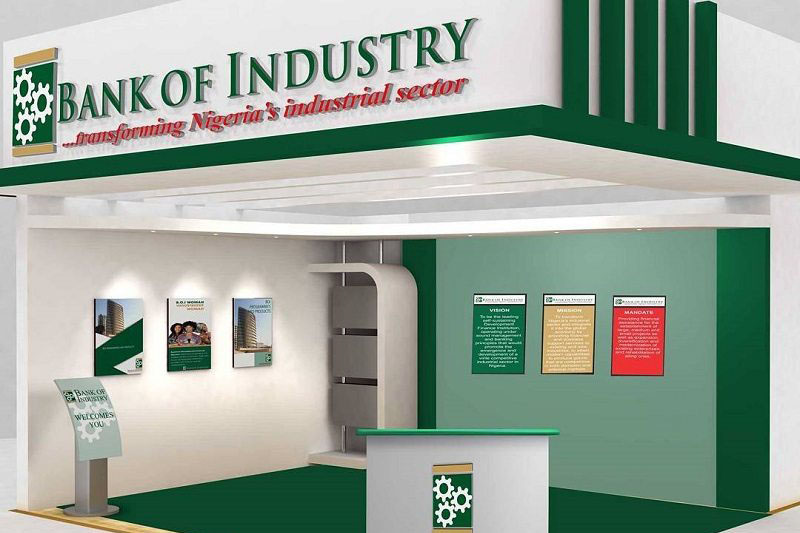By Taiwo Otiti |
Manual systems and processes that cannot take advantage of advances in mobile technology will not lead us anywhere anymore.
In the transportation sector, for instance, systems need to be constantly in ‘intelligent’ mode if they are to keep up with the ongoing pace of change as the world become increasingly interconnected.
Due to its 19 million population and geographic location, Lagos is considered to be West Africa’s industrial and commercial hub; it is also acknowledged as the capital of traffic jams in Africa, with a vehicular density of about 224 vehicles per kilometer, according to the Lagos State Government. Like Lagos, the resultant gridlock from the human and vehicular interaction in Accra, Cairo and Nairobi are equally debilitating to the socio-economic activities of their respective nations.
Only modern technology can come to the rescue if a lasting solution is to be found to this peculiarly African problem.
Traffic congestion is therefore a plague on society, especially African societies; it harms our health, impedes economic growth and impacts the environment. And while it seems like an insurmountable problem, it’s not. If we want to reduce gridlock traffic, however, we can’t just build more freeways and ask people to ride their bikes to work occasionally.
Instead, we need to make smarter decisions about how we manage traffic. In order to do that, we need to understand it. With the proliferation of mobile devices and the ability to analyze quintillions of data generated daily, cities are in a position to better understand traffic flow and how citizens use their transportation networks and improve upon them from data such as what, where and when people drive; how a particular model of vehicle performs in a variety of environments; and how many cars are on the road at any given location, at any given time.
In order for cities and populations to really benefit from this sort of information, though, car manufacturers need to work with transportation agencies, emergency responders and city planners to collect, integrate and share data. If a car breaks down on the freeway, sensors installed in the vehicle could pick up on the problem and immediately notify traffic authorities of a possible slowdown. Other drivers on the road could be warned of traffic almost instantaneously, instead of waiting until they’re stuck in gridlock traffic for more than 20 minutes, after bypassing an alternative route.
Mobile technologies will play a critical role in the future of traffic management. You won’t have to pick up your phone to read a text message alerting you to a slowdown related to a major event — an in-car device may first learn of congestion and propose an alternative route. If a driver at the wheel has a seizure or heart attack, sensors on a steering wheel may detect the event and notify emergency responders.
Just as the internet was first made up of a network of computers, a network of smart devices make up the internet of things, and it will fundamentally change how we drive, and more importantly, how we live.
It probably sounds like a vision of the distant future, but it could just be around the corner. Much of this technology has been successfully tested, it just needs to be put to use. IBM recently completed a trial with the city of Eindhoven, in the Netherlands, in which smart devices were installed in roughly 200 cars. Over a period of six months, 1.8 billion sensor signals detected 48,000 traffic incidents, including icy roads, potholes, hazard lights, fog and so on.
The implications are tremendous, and not just for traffic management. Insight from this data would improve road safety, likely saving countless lives. City planners and transit agencies could use the information to build new housing developments or public transportation routes; emergency responders and law enforcement officials could get a more accurate sense of how to use their resources.
The data would also be a boon for auto manufacturers, who would get a detailed understanding of how their cars perform in a variety of environments, since the devices could collect braking, acceleration and location-based data. There’s also a trickle-down effect for a wide range of industries, including airlines, airports, retailers or even healthcare providers, who could use blood pressure or heart rate data collected by the car through the seat belt, steering wheel, drivers’ seat and so on.
IBM is already using the power of mobile to improve Banking and Telecoms in Africa. We have also, over the last three years, proffered tech-enabled solutions and made recommendations for smarter cities and smarter transportation systems to the authorities in Accra, Lagos and Nairobi. One central theme running through these IBM white papers and initiatives is the effective and optimal use of data generated by society, including government agencies and private institutions.
Mobility and traffic management in Lagos has however benefitted from the establishment of Lagos Traffic Radio 96.1 FM by the Lagos State authorities. The station uses information provided by traffic officials, citizens and road users calling in to the station with their cell phones to provide Lagosians with traffic friendly solutions to their road aches, allowing road users to avoid trouble spots, bottlenecks and better plan their journey. This innovative application of data and mobile technology is a good foundation for future collaboration between citizens, governments and technology companies.
This is one way to grow the Internet of Things across Africa. And our cities can only become smarter with this sort of social-corporate-government partnerships. Traffic is an unfortunate fact of modern life. As long as people need to travel, it will exist. But instead of just commiserating about it, we can do much to reduce it, effectively manage it, and transform societies with the aid of Big Data, cloud, mobile and social technologies.
Otiti is Country General Manager, IBM West Africa






Comment
No comments found.